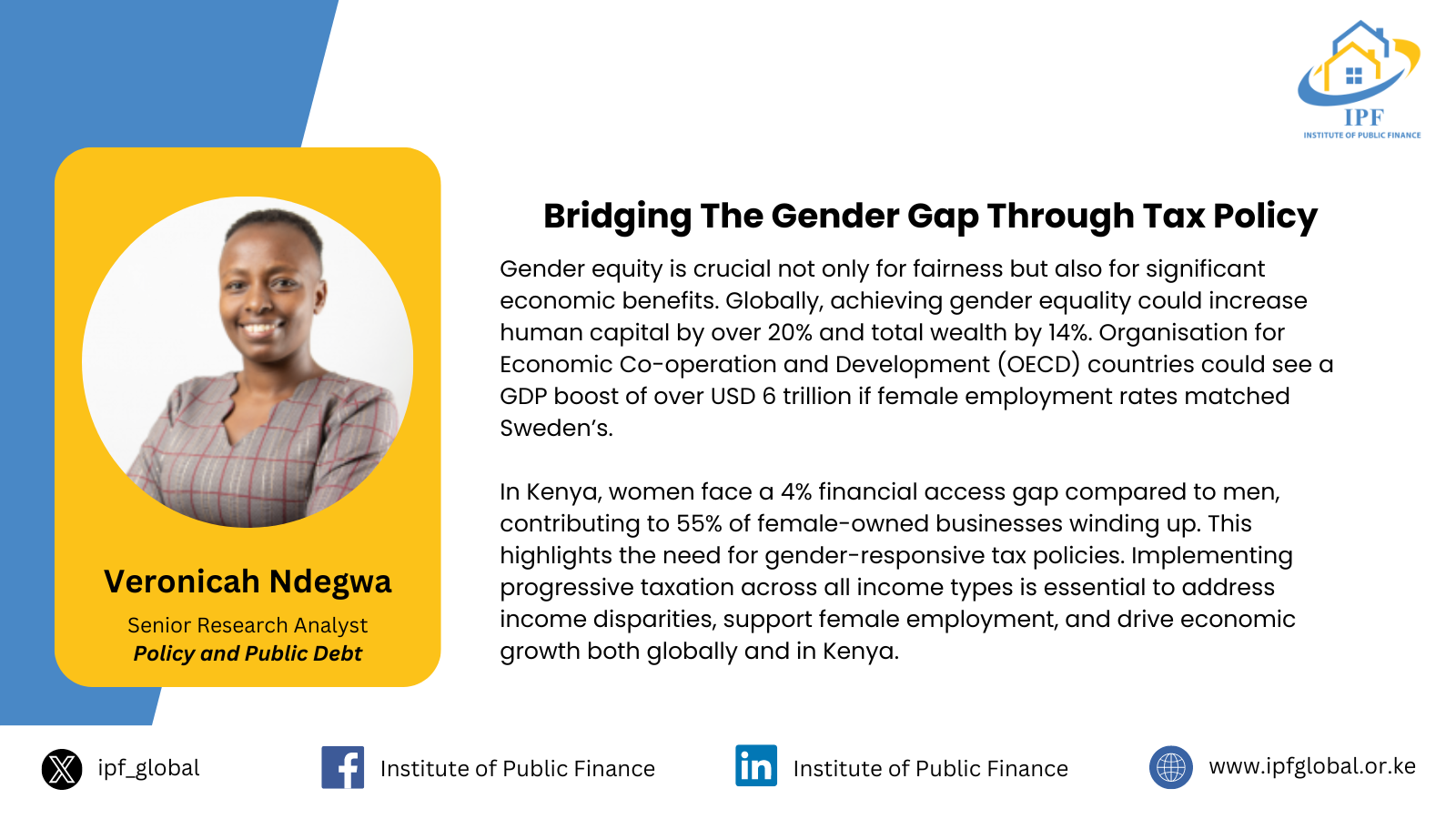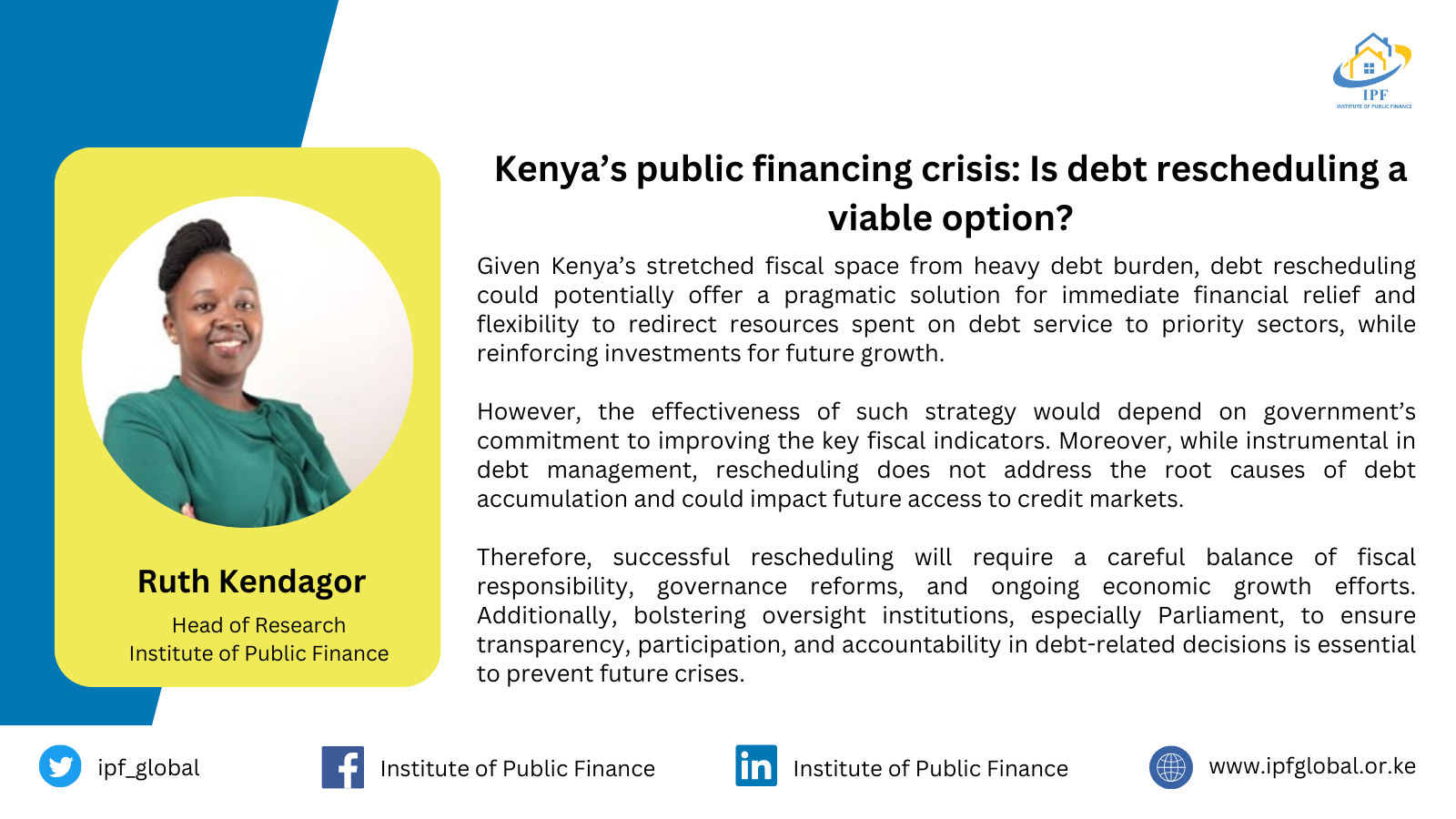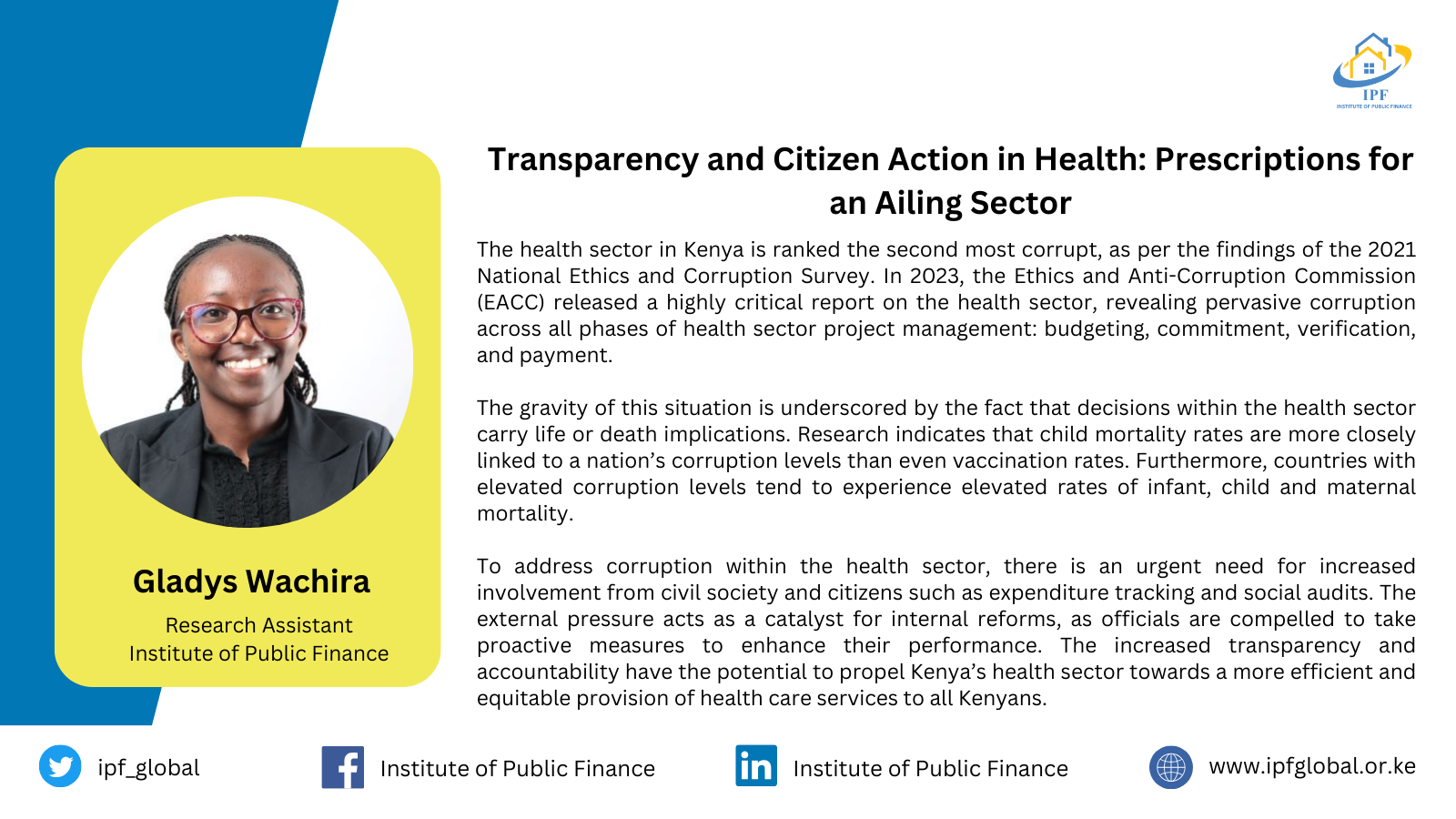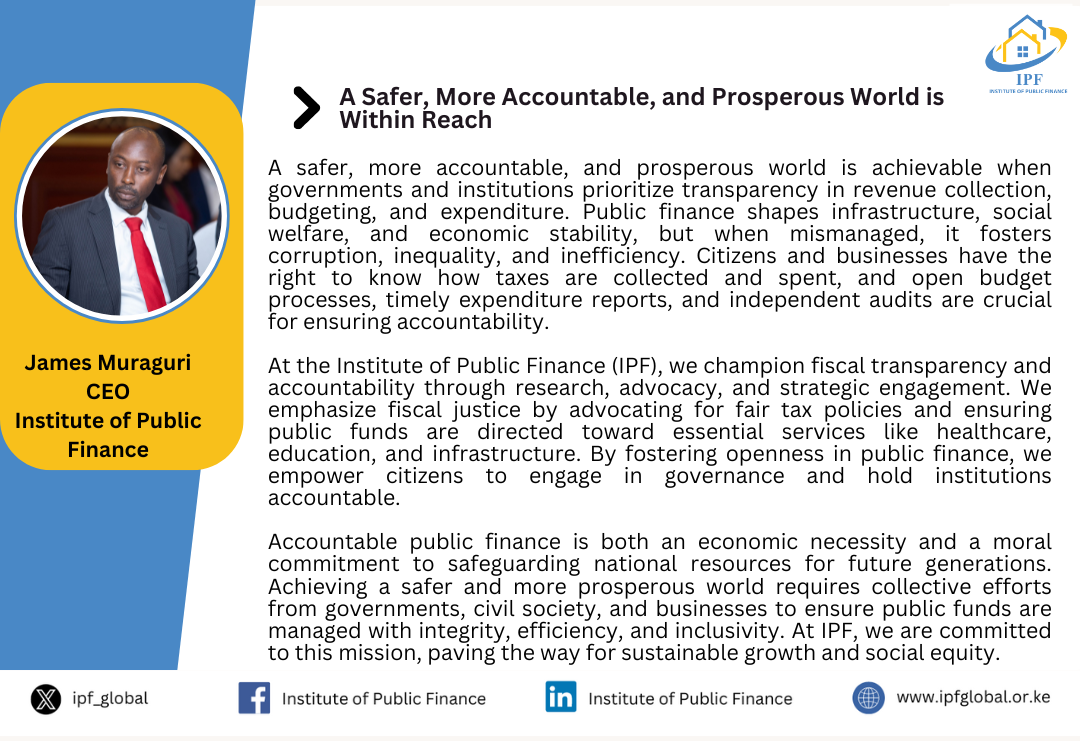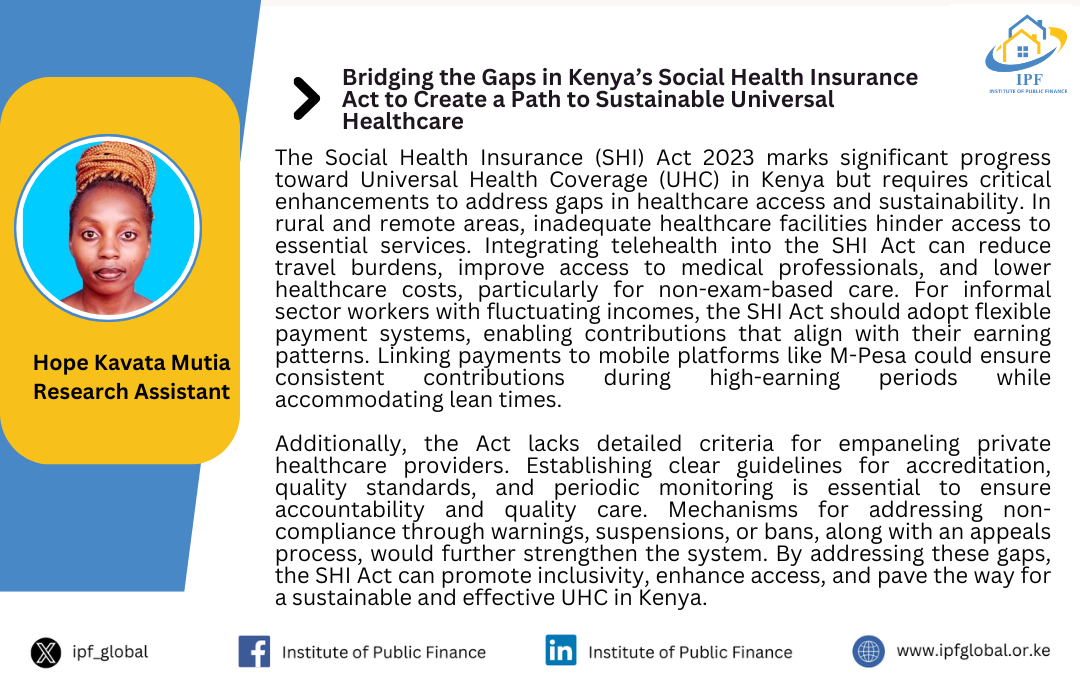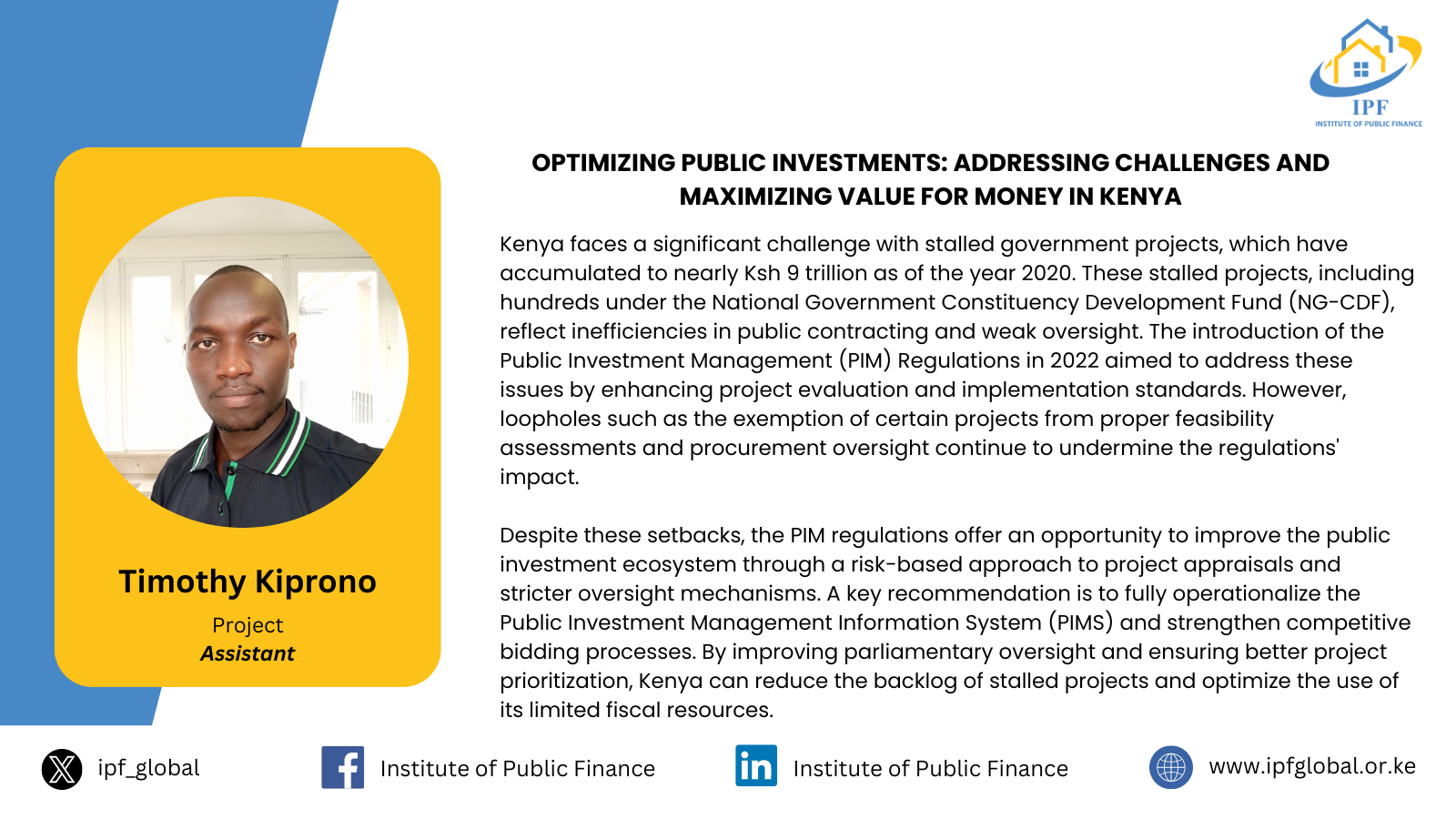
County governments have struggled to raise sufficient revenue of their own. There have also been reports of poor use of available resources. Worth appreciating is that county budgets are largely dependent on the nationally shared revenue. As per its constitutional responsibility, the CRA proposes a revenue allocation formula indicating how counties will share funds.
The formula must be approved by Parliament every five years. Between 2013 and June 2019, two formulas have been used and great lessons drawn from them. Two great lessons that I believe we have learnt as a country are: 1 ) that we cannot use the equitable share parameter to serve multiple objectives and still claim equitability in revenue allocation and 2 )that by having a greater allocation weight pegged to poverty, we are incentivising counties to remain poor.
In December, the CRA published the proposed third-generation formula that will be used to allocate funds to counties for five years between 2019-20 and 2023-24. It is available for public input. The following parameters have been proposed: health 15 per cent; agriculture 10 per cent; water three per cent; urban services and environment three per cent; county services 18 per cent; public administration 20 per cent; land area eight per cent; county road network three per cent; poverty 15 per cent; revenue collections two per cent and prudence three per cent.
In these parameters, two of them are of interest as they have the potential to strongly support efficiency and effectiveness of how counties collect and deploy resources. These are revenue collection and prudence. Let me draw the commission’s attention to the Open Budget Survey (OBS) 2017 conducted by IBP Inc.
Kenya dropped two basis points on the Open Budget Index from 48 to 46 largely on account of not making the citizens budget for 2016-17 publicly available, among other concerns. The OBS assesses budget transparency based on the amount and timeliness of budget information governments are making publicly available. In 2017 it was conducted in 115 countries.
Based on our Public Finance Management (PFM) Act 2012, there are practical ways on how the commission can objectively assess prudence and revenue collection. On revenue collection, one of the things the commission should do is to emphasise respect for the PFM law on making budget documents publicly available. Counties have an obligation to make all information about their revenue collection public.
How will we as citizens know how much money counties collected if there exist no documents or documents are made publicly available months after the time stipulated by the PFM Act? For this to work, counties that make documents publicly available should be rewarded and those not doing so be penalised.
The PFM Act clearly stipulates that these documents should be made available to the commission when they are being given to other agencies. However, it is not the responsibility of the commission to make them available to citizens, but of the counties.
On prudence, it is imperative that we understand that public finances are very much exposed to greater risks, especially in our nascent devolved system where a few public servants seem to be on a path of self-aggrandisement and enrichment. When counties make data on public sector assets, liabilities and wealth public and update them quarterly or as and when new acquisitions are made, we will have moved a step forward.
In most of the Auditor General’s reports, one of the major concerns is unavailability of ownership documents on assets by counties. Finally, let us consider incentivising counties that have unqualified opinions on their audit reports and whose key audit issues do not recur while fully enforcing the provision of the law on revenue collection and spending.
By working closely with the office of the Auditor General, the prudence parameter will have scored a quick win and these two parameters will contribute greatly to enhancing equity at the county level.
This article originally appeared in the star Newspaper. Here





